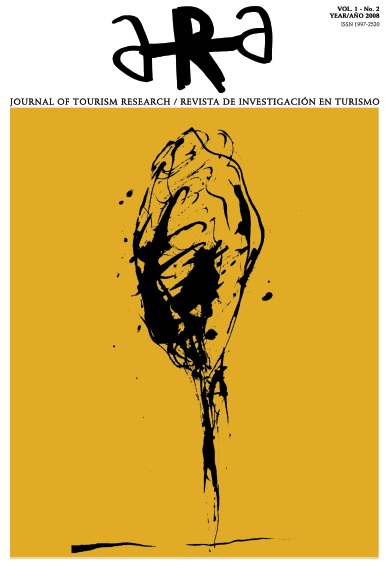Caribbean Delight: Moving Beyond the Sustainability Discourse in Tourism
Article Sidebar

Main Article Content
Carel Roessingh
Vrije Universiteit Amsterdam, Amsterdam
Hanneke Duijnhoven
Vrije Universiteit Amsterdam, Amsterdam
Myrte Berendse
Vrije Universiteit Amsterdam, Amsterdam
In the tourism literature a lot of attention is paid to different approaches towards tourism development, especially when it comes to developing countries. Often it is argued that it is necessary to come to a sustainable approach, whereby it is stressed that attention should be paid to the way tourism organizations influence (and are influenced by) the natural environment as well as the cultural, and economical context in which they are situated. Although the debates on sustainable forms of tourism development are a positive direction for the tourism field, we will argue in this paper that these debates will not really contribute to the progress of the field as long as there is a lack of local accounts of actors in such tourism destinations. By presenting empirical data from Belize and the Dominican Republic, the aim is to move beyond the dominant ‘sustainability discourse’ in the field of tourism in which mass-tourism is per definition ‘bad’ and small-scale tourism is ‘good’, and gain an insight into what is actually going on at the micro level.
Keywords
Belize, the Dominican Republic, Sustainable Tourism, Micro Perspectives, Local Entrepreneurship
Article Details
How to Cite
Roessingh, Carel et al. “Caribbean Delight: Moving Beyond the Sustainability Discourse in Tourism”. ARA: Journal of Tourism Research / Revista de Investigación Turística, vol.VOL 1, no. 2, pp. 21-33, https://raco.cat/index.php/ARA/article/view/341637.
Rights
Copyright
The authors who publish in ARA agree to the following terms:
- Authors retain copyright and grant the journal the right of first publication.
- Texts will be published under a Creative Commons Attribution License that allows others to share the work, provided they include an acknowledgement of the work’s authorship, its initial publication in this journal and the terms of the license.
- This material may not be used for commercial purposes.
- You may not distribute the modified material.
Attribution-NonCommercial-NoDerivatives 4.0 International (CC BY-NC-ND 4.0)